Woody > Citrus > Citrus x limon > Citrus x limon 'Meyer'
Citrus x limon
'Meyer'
Meyer's Lemon, Meyer Dwarf Lemon
Origin: This shrub is thought to be a cross between a true lemon and either a mandarin orange or sweet orange.
| Family |
| Rutaceae |
| Genus |
| Citrus |
| Species |
| x limon |
| Cultivar |
| 'Meyer' |
| Category |
| Woody |
| Type |
| Shrub (evergreen) |
| Synonyms |
| Citrus limonia 'Meyer's Lemon', Citrus 'Meyers', Citrus 'Meyer's Lemon' |
| USDA Hardiness Zone |
| 10b |
| Canadian Hardiness Zone |
| Requires cool season protection under glass. |
| RHS Hardiness Zone |
| H2 |
| Temperature (°C) |
| 1 - 5 |
| Temperature (°F) |
| 35 - 40 |
| Height |
| 2.5 - 4 m |
| Spread |
| 1.5 - 2.5 m |
Photographs
Description and Growing Information
Flowering Period
| General Description |
| Citrus x limon 'Meyer' is a compact, spiny ornamental sweet citrus fruit shrub with ovate leaves and star-shaped, fragrant white flowers. |
| Cultivation |
| Grow in a sheltered location in full sun, in moist, well-drained, acidic to neutral soil. Apply a balanced liquid fertilizer made specifically for citrus trees every 2 - 3 weeks during growth to aid fruit production. Not hardy: overwinter in a glasshouse in loam-based potting compost. |
| Growth |
| Slow |
| Pests |
| Possible problems include: aphids, mealybugs, glasshouse red spider mite, citrus red spider mite, caterpillars, soft scale and fluted scale. Xylella a bacterial disease is a serious threat to many horticultures crops due to its virulence and wide range of species it can infect. It can infect more than 560 species with wide ranging symptoms including leaf scorch, yellowing and scorching, wilt, branch and twig dieback and plant death. These symptoms can be identical to other symptoms such as drought and weather stress. Infected plants show symptoms within a few years after planting. |
| Habitat |
| Horticultural origin. |
| Leaf Description |
| Ovate, simple, leathery, aromatic. |
| Flower Description |
| Star-shaped, white, fragrant, often present with the fruit. |
| Fruit Description |
| Self-fertile: a single plant will produce yellow, juicy fruit up to 8 cm across. |
| Notable Specimens |
| RHS Garden Rosemoor, North Devon, England. |
| Ethnobotanical Uses (Disclaimer) |
| The fruit is edible. |

